MURFREESBORO, Tenn. — As the world of transportation and logistics impacts and guides economies on a global scale, Middle Tennessee State University has launched a new center to enhance its growing Supply Chain Management degree programs and deepen partnerships with business and industry through research and collaboration.
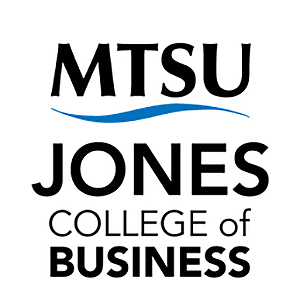
Led by assistant professor Richard Tarpey, who will serve as director, the new Center for Supply Chain Management and Sustainability within the Jones College of Business launched Aug. 1, with dedicated space inside the Business and Aerospace Building.
“This Center will serve as a nexus of knowledge, collaboration, and experiential learning, positioning the Jones College of Business at the forefront of supply chain education, research and industry engagement,” said Tarpey, who will be supported by several supply chain management faculty that include Senali Amarasuriya, Bukola Bakare, R. Bryan Kethley, Curtis Sawyer, Cliff Welborn and Jinfeng Yue.
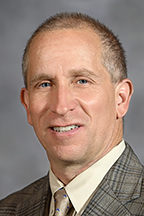
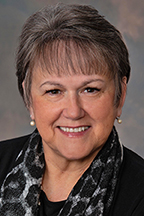
Tarpey said the center’s mission will be to foster excellence in supply chain management practices and promote sustainability through education, research, and collaboration, serving MTSU students, faculty and industry partners.
The vision is to become a nationally recognized hub for innovative supply chain and sustainability solutions, shaping tomorrow’s supply chain leaders and serving Middle Tennessee’s industries.
“The Jones College of Business is proud to be the home of the newly created Supply Chain and Sustainability Center,” said Dean Joyce Heames. “The center is important as it will highlight the need for education/training, jobs, and research while bringing visibility to a growing and crucial economic sector.”
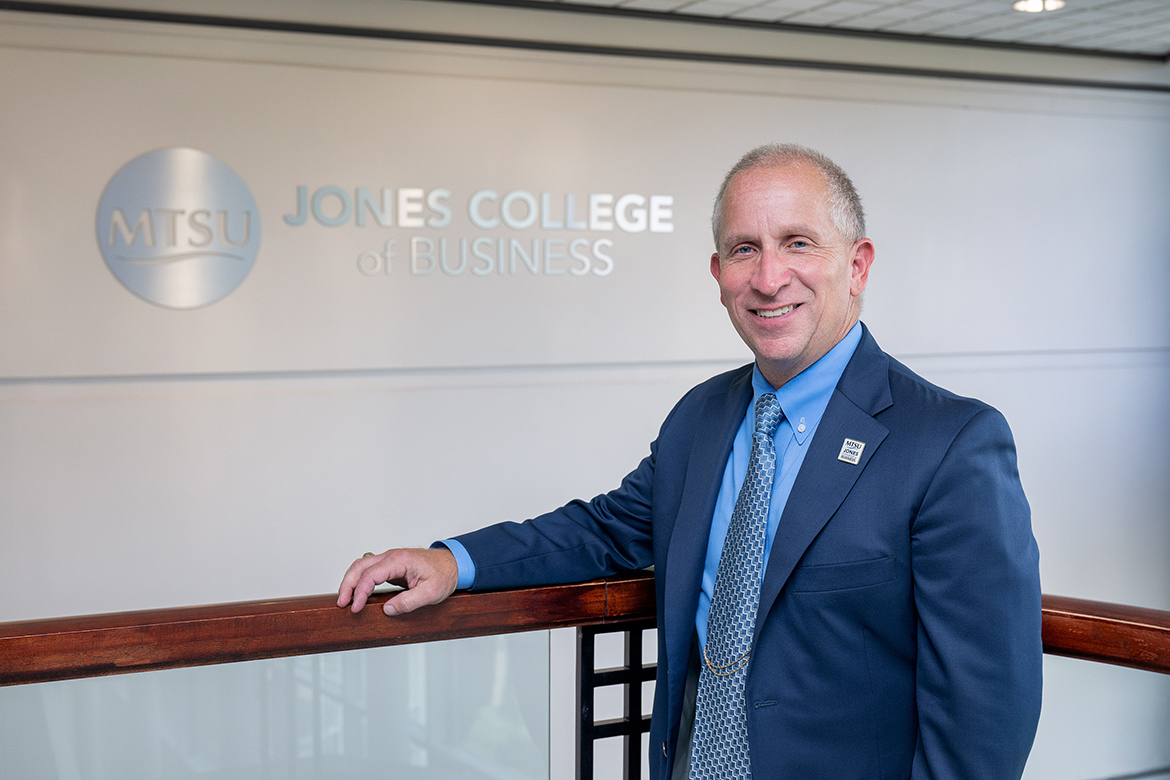
Growing student, industry interest
The MTSU Department of Management launched the undergraduate degree in supply chain management in 2021 after multiple years as a concentration where student interest continued to increase, so much so that the department launched a graduate degree two years ago to meet the demand of not only students, but industry as well.
The undergraduate and graduate supply chain programs have grown at an impressive rate since inception. Fall 2023 enrollment for the undergraduate program increased 47% from the 2022-23 academic year to 113 students. The graduate program increased 64% in the same period to 40 students.
Likewise, the supply chain industry in the Middle Tennessee region has continued to grow. O*Net Online estimates over 14,000 job openings for supply chain managers and over 24,000 job openings for logistics analysts in the next eight years. Starting salaries range from $55,000 to $75,000.
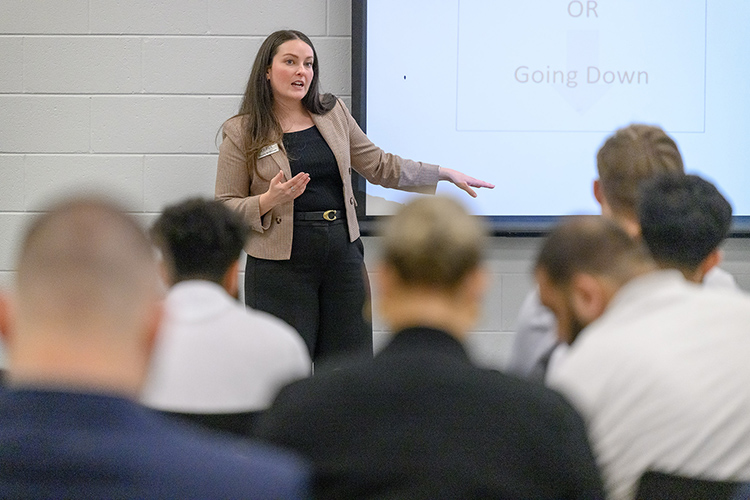
Earlier this spring, the program hosted its third Midsouth Supply Chain Summit on campus, drawing a record attendance of students, alumni, faculty and industry partners who heard guest speakers from the industry, sat in on supply chain sessions and panels, and attended networking events.
“We’re up over 75 partners in the industry that are in some way, shape or fashion partners with our programs, whether that be through guest speaking, attending our events, doing brown bags and more,” Tarpey said. “So we have a lot of student engagement opportunities.”
Industry collaboration critical
Tarpey noted that over the years, various faculty members have engaged with various industry partners for collaborative activities, but efforts weren’t always coordinated and cohesive, something he plans to change through the center.
“We really haven’t had a good, concerted effort to ensure that we grow those opportunities,” he said. “So the intent of the center is threefold: To provide networking and engagement opportunities for students with local industry. To increase our research opportunities for both our students and our faculty. … And third is to provide a mechanism in Middle Tennessee for industries to collaborate. We want MTSU to collaborate with industries to solve supply chain problems. There’s a great opportunity out there.”
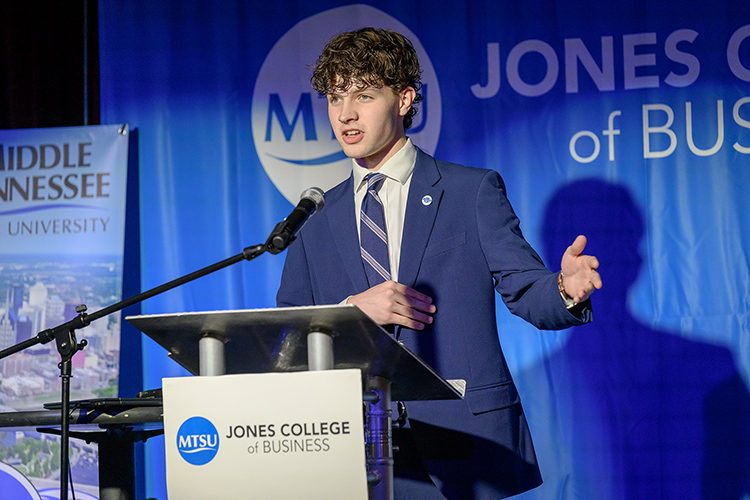
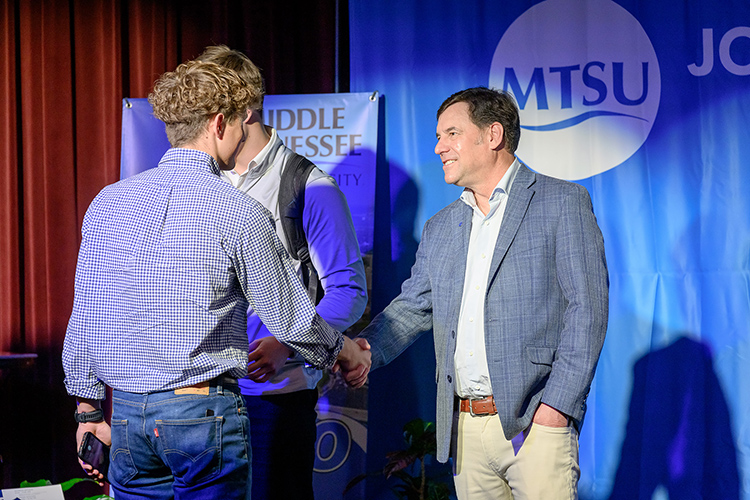
To that end, Tarpey said the Midstate’s abundance of headquarters for major transportation and logistics companies such as Nissan, Bridgestone, Geodis, HCA and Ascension Saint Thomas Rutherford, among numerous others, provides ample opportunity for the university to connect with those companies in a deeper manner to provide students with experiential learning opportunities.

Tarpey said the center has already developed a new initiative called the Synergy Program, which features two components — Synergy Experience and Synergy CollabLab — providing students with real-world experience working with area companies on their supply chain and logistics challenges.
• Synergy Experience — Local and regional companies will take three to four students per semester and provide work experience and projects focusing on a faculty-curated curriculum as an independent study class. HCA-HealthTrust and Geodis are the first confirmed participants, Tarpey said.
• Synergy CollabLab — Local and regional companies will provide real-world projects for students to work on as an independent study, with Mars Petcare, HCA, Assurant and OldTime Pottery having participated.
For example, a recent partnership with Mars Petcare in Franklin, Tennessee, which wanted the university’s help with solving a logistical problem regarding products being shipped from Asia and Europe to the company’s five distribution centers in the United States, Tarpey said. Some of his students spent the entire spring semester doing an independent study class and presented their proposed solutions to company executives, who are considering using some of their findings.
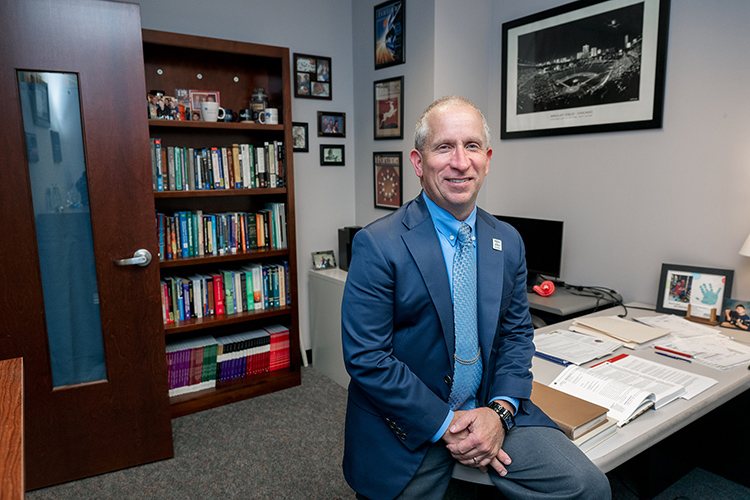
“Supply chain students can learn from textbooks, they can learn from faculty members, they can learn from case studies,” Tarpey said, “but being out working with a company engaged on a project is valuable real-world experience.”
The center aims to cultivate the next generation of leaders equipped with the expertise and practical skills necessary to navigate the complexities of modern supply chains, while providing them with resume-building experiences during their time on campus.
By leveraging faculty’s intellectual capital, students’ enthusiasm, and industry partners’ support, the MTSU faculty envision a dynamic ecosystem where theoretical concepts converge with real-world applications, fostering innovation and driving positive change, Tarpey said.
For more information, email Tarpey at Richard.Tarpey@mtsu.edu.
— Jimmy Hart (Jimmy.Hart@mtsu.edu)

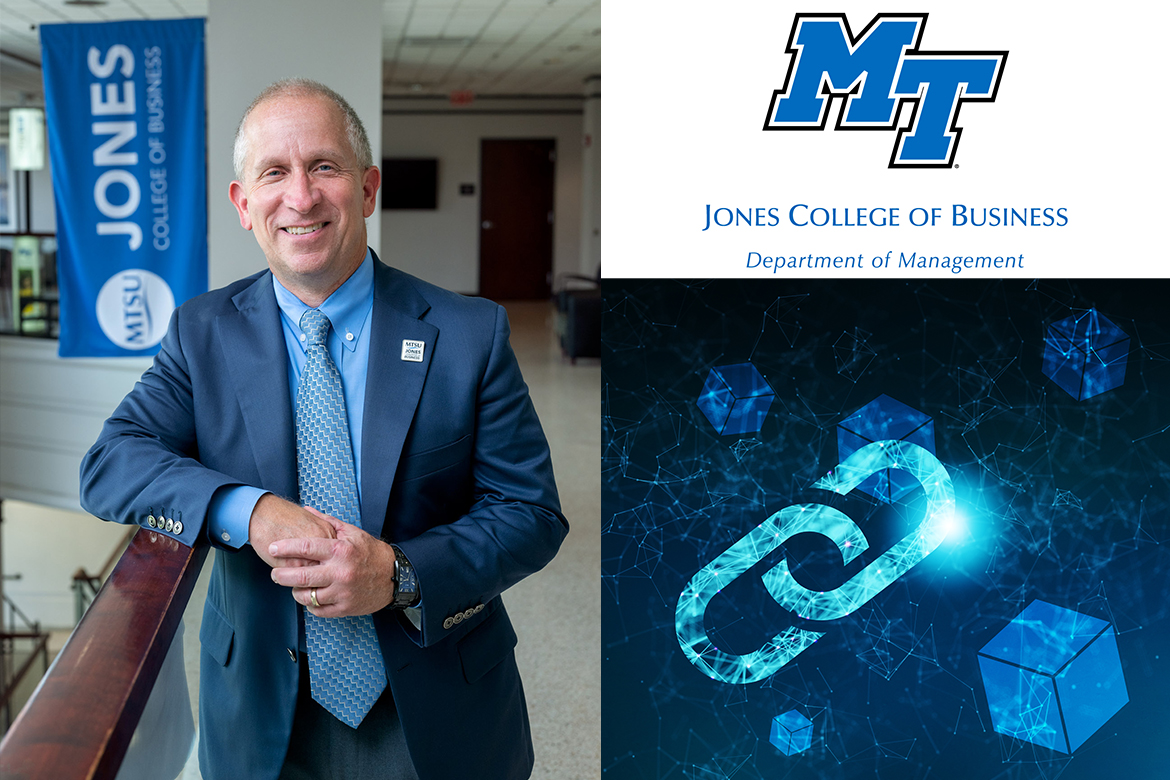
COMMENTS ARE OFF THIS POST